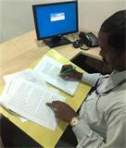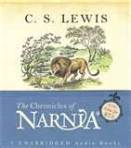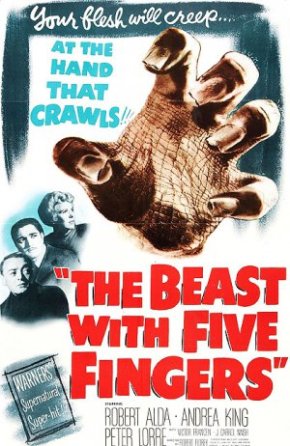Very few authors do not require the services of a book copy editor to tidy their manuscript. That’s why every publishing house in the country sends each author’s manuscript through both a copy editor and a proofreader before publication.
If your book (ebook or print) is to be clear, accessible, interesting, memorable and effective, the language needs to be of a good standard. Some authors need only minimal support, others need more intensive copy-editing; but all authors, no matter how accomplished, experienced or skilled, can benefit from a copy editor’s input.
Successful editing depends on a good relationship with the writer. To reach the goal of a readable, successful document, both the editor and the writer need to work as a team, unified in reaching this goal. This goal is jeopardised if writers view the editor as a ‘problem’. To prevent this, the editor needs effective communication to deal with individuals and groups working on a writing project.
Four key communication skills are:
1. Active listening
This means concentrating on what the speaker means and checking information through paraphrasing and asking probing questions, such as ‘What do you mean by…’.
2. Confidence
Editors need to demonstrate that they are confident in their abilities without becoming aggressive with writers.
3. Consideration
Editors may become so intent with changes that they forget the writer’s sense of professionalism is involved. Writers themselves may find it difficult to separate criticisms about the writing from criticisms about the person.
4. Nonverbal strategies
Editors can underline their authority by using effective nonverbal strategies, such as environment (e.g. The setting of an editing conference), dress, and facial, voice and other bodily cues.
Perhaps the biggest problem writers face, when editing their own work, is simply getting too close. Even when holding the questions listed above in your mind, writers can still find it just too hard to detach themselves. But this is understandable, in fact I would go as far as saying this is essential. Just how a writer detaches themselves from the tangle of their own narrative is hard to explain and I suspect it is very personal skill.
- Is the book’s organisation and content suitable for the intended audience, medium, market, and purpose? [Structural]
- How can the book’s meaning be clarified, the flow improved and the language smoothed? [Stylistic]
- Have you ensured the correctness, consistency, accuracy, and completeness of the document? [Copy]
The essence of any COPY edit is grammar and spelling but this is NOT an edit. An edit is so much more. It is important that a writer avoids becoming obsessed with spelling. Yes, spelling is important, and yes you must be as accurate as possible. However, grammar is just part of the puzzle. A good edit consists of all three questions listed above – spelling is just one aspect.




